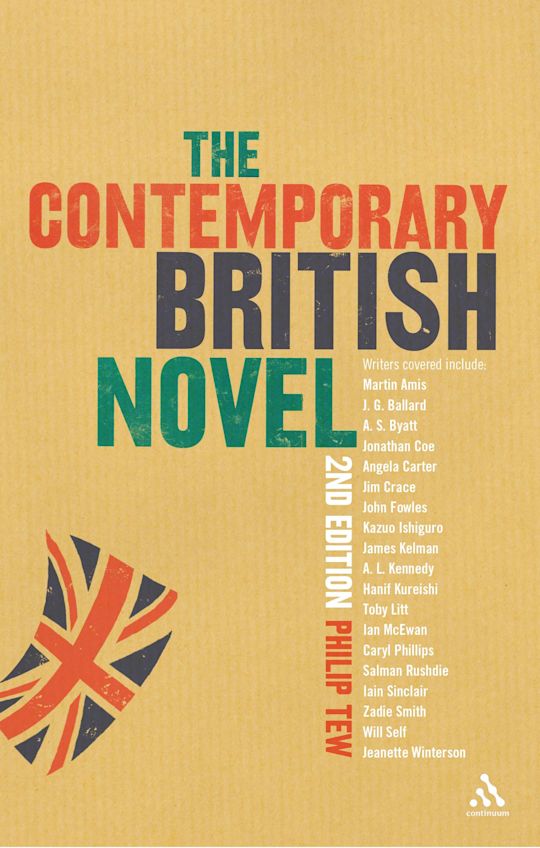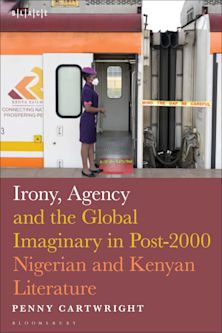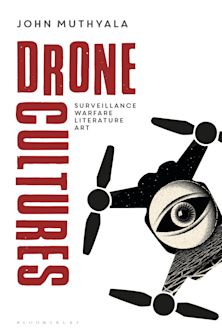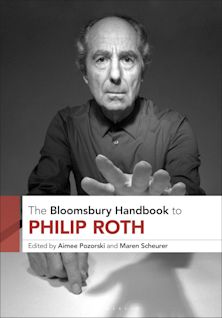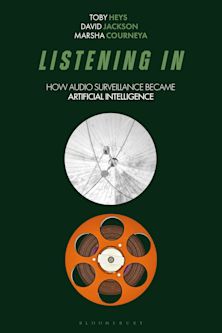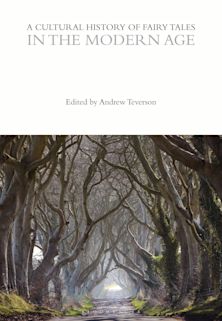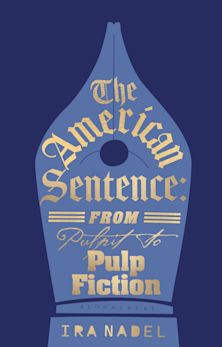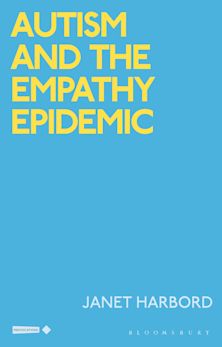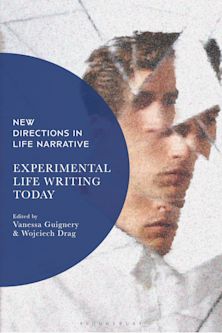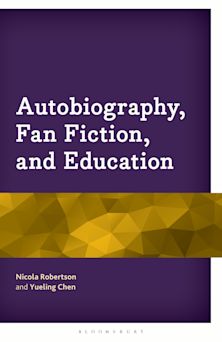- Home
- ACADEMIC
- Literary Studies
- Contemporary Literature
- The Contemporary British Novel
Please note that this product is not available for purchase from Bloomsbury websites.
You must sign in to add this item to your wishlist. Please sign in or create an account
Description
- the changing nature of British identity;
- the representation of urban identity and urban spaces;
- class issues including the rise and fall of the middle class;
- multiracial identity and hybridity.
The second edition includes a new introduction and a new chapter on fiction since the millennium focusing on a post 9/11 aesthetic. Every chapter has been revised for the new edition and now includes an initial overview and recommended reading to offer guidance on further study.
Includes readings of novels by: Martin Amis, Pat Barker, A. S. Byatt, Jonathan Coe, Hanif Kureishi, Salman Rushdie,Will Self, Zadie Smith, Jeanette Winterson among others.
Table of Contents
Critical Introduction
1. Contemporary Britishness: Who, What, Why and When?
1. The Fall and Rise of the Middle Classes
1. Urban Spaces and Identities
4. The Past and the Present
5. Multiplicities and Hybridity
6. The Post-millenial, 9/11 and the Traumatological
7. Epilogue: The Teaching and Study of the Contemporary British Novel
Appendix: Granta Best of Young British Novelists 1983, 1993, 2003
Bibliography
Index
Product details
| Published | Apr 26 2007 |
|---|---|
| Format | Ebook (Epub & Mobi) |
| Edition | 2nd |
| Extent | 280 |
| ISBN | 9781441189073 |
| Imprint | Continuum |
| Publisher | Bloomsbury Publishing |
About the contributors
Reviews
-
'To set out to write a poetics of the contemporary novel within the edgy category of 'British' is a doubly ambitious project...As well as offering a more integrative view of the the literary phenomenon than most recent companions and readers, it is not uniquely a critical assessment of the writing experience per se, but a forceful attempt at devising adequate tools to capture the new aesthetic of the novel today.' 'The study merits serious attention from scholars of contemporary studies, providing a refreshing blend of creative and critical reading, with its constant capacity for self-renewal.' 'It should be required reading for scholars working in contemporary writing, and it will be excellent supporting material for graduate students.'
Adriana Neagu, The Journal of the English Association
-
'Phil Tew is the perfect Virgil to guide readers through the underworld of the contemporary English novel.' - Will Self
-
'an important contribution to current critical debates on the future of the novel' Professor Patricia Waugh, University of Durham
-
Mentioned in Contemporary Review, 2008.









